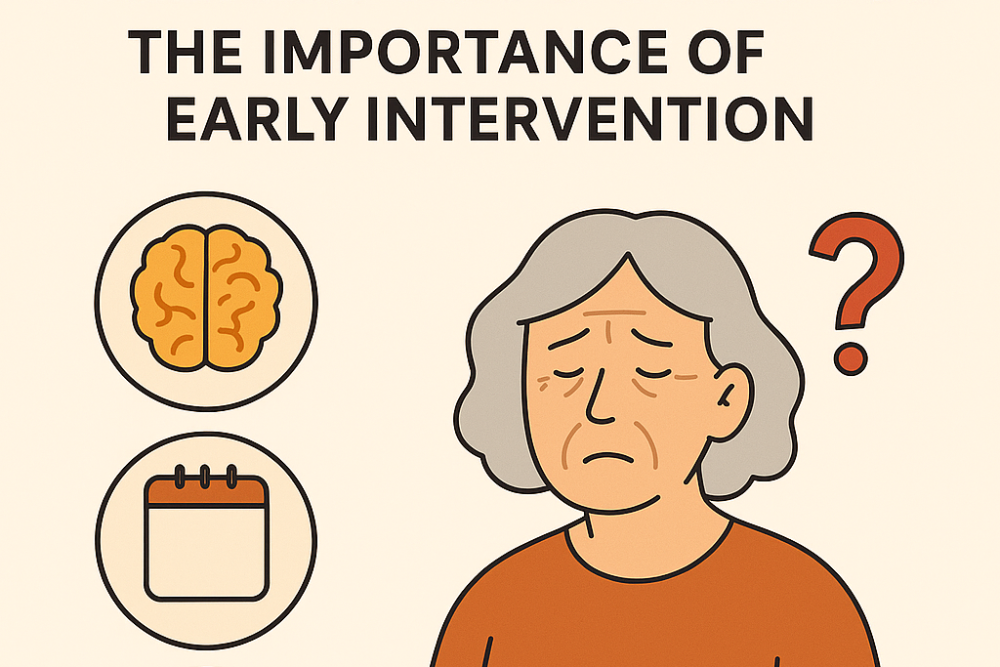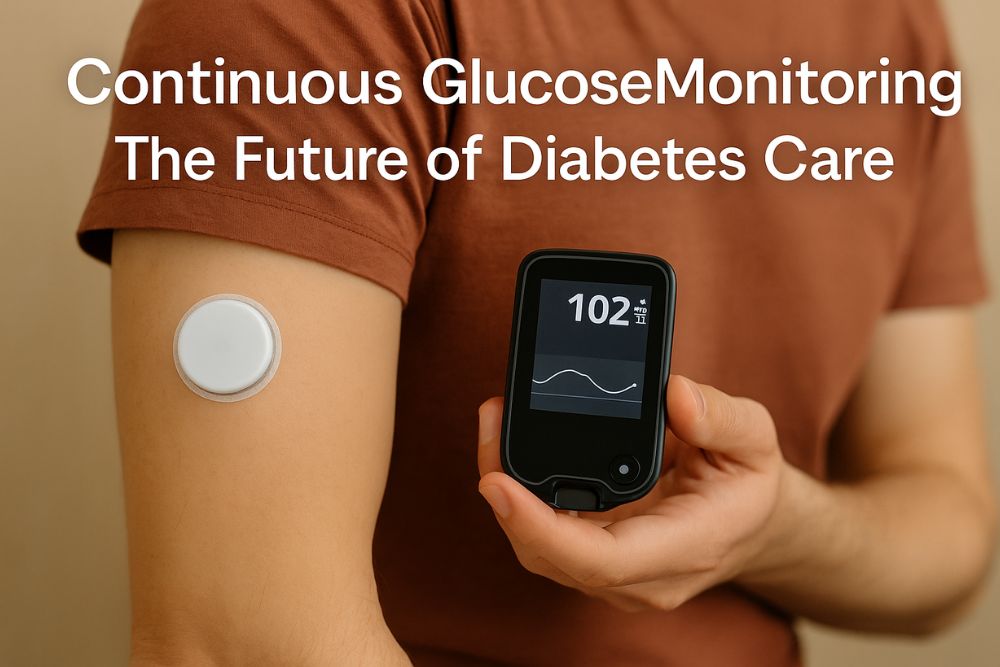Spotting Alzheimer’s Early: How Early Intervention Can Impact Treatment
Natalie Kim
2025-11-20
6 min read

Alzheimer’s disease affects millions worldwide, but here’s the thing: early detection can make a big difference. It’s not just about managing symptoms—it’s about improving quality of life for both patients and their families. Let’s break it down: what Alzheimer’s is, how to recognize the signs, and what steps you can take if you’re concerned.
What Exactly Is Alzheimer’s Disease?
Alzheimer’s is a progressive brain disorder that slowly impacts memory, reasoning, and the ability to communicate. It’s the most common type of dementia, mostly affecting older adults. But here’s something surprising—not everyone who gets Alzheimer’s is elderly. In some cases, early-onset Alzheimer’s can strike people as young as their 30s or 40s.
The exact cause? Still a bit of a mystery. Experts believe it’s a mix of:
- Genetics: Family history can increase your risk.
- Environment: Things like head injuries or toxins may play a role.
- Lifestyle: Poor diet, lack of exercise, and conditions like diabetes may contribute.
How Do You Spot Alzheimer’s Early?
Catching it early can make a huge difference in treatment and planning. Here are some early warning signs to look out for:
- Memory Loss: Forgetting things you just learned or important events, like birthdays.
- Struggling with Familiar Tasks: Trouble doing things you’ve done a million times, like cooking or paying bills.
- Difficulty Solving Problems: Getting stuck on tasks that involve numbers, like managing a budget.
- Disorientation: Losing track of time, dates, or where you are—even in a place you know well.
- Personality Changes: Sudden mood swings, irritability, or pulling away from social activities.
Notice these signs in yourself or someone else? Don’t wait. Talk to a doctor—they can run tests to figure out what’s going on.
Why Does Early Detection Matter?
Catching Alzheimer’s early isn’t just about knowing—it opens the door to opportunities for better care. Here’s how:
- Access to Treatment: While there’s no cure yet, treatments are available to slow the disease’s progression or improve symptoms temporarily. The earlier you start, the better they may work.
- Planning Ahead: Early diagnosis allows patients and families to make important decisions about care, finances, and legal matters while the patient can still be involved.
- Getting Support: There are tons of resources out there—support groups, education programs, even caregiver networks. The sooner you connect with these, the better.
Treatment Options: What Can Be Done?
Alzheimer’s may not have a cure, but there are ways to manage the symptoms and improve daily life:
- Medications:
- Cholinesterase inhibitors (like Donepezil and Rivastigmine) can boost memory and thinking in early to moderate stages.
- Memantine may help with moderate to severe symptoms.
- Lifestyle Adjustments:
- Eating a healthy diet full of fruits, veggies, and omega-3s.
- Staying physically active to improve overall brain health.
- Keeping the mind sharp with mental exercises like puzzles or reading.
- Therapies:
- Cognitive Stimulation Therapy: Engages patients in activities designed to improve memory and thinking.
- Reminiscence Therapy: Encourages patients to recall and share past experiences, often using photos or music.
Every person is different, so treatments should be personalized based on what works best for them.
Worried About Alzheimer’s? Here’s What to Do
If you think you—or someone close to you—might be showing signs of Alzheimer’s, don’t ignore it. Here’s how to get started:
- Schedule a Doctor’s Visit: A healthcare provider can run cognitive tests, review symptoms, and order imaging like MRIs if needed.
- Get a Plan in Place: If the diagnosis is Alzheimer’s, your doctor can guide you through treatment options and next steps.
- Seek Out Resources: Organizations like the Alzheimer’s Association or local dementia care groups can provide support and advice.
Takeaway: You’re Not Alone in This
Alzheimer’s is a challenging disease, but early recognition and action can make a world of difference. Whether it’s through medications, lifestyle changes, or connecting with support networks, there are ways to navigate the journey with more confidence and less fear.
If you or a loved one are showing symptoms, don’t hesitate to reach out to a healthcare provider. The sooner you act, the more options you’ll have.
Sources
- Alzheimer’s Association. (2024). Alzheimer's Disease Facts and Figures.
- National Institute on Aging. (2024). Alzheimer's Disease: Causes and Risk Factors.
- Mayo Clinic. (2024). Alzheimer’s Disease: Diagnosis and Treatment.
- Alzheimer’s Research UK. (2024). What is Alzheimer’s Disease?



